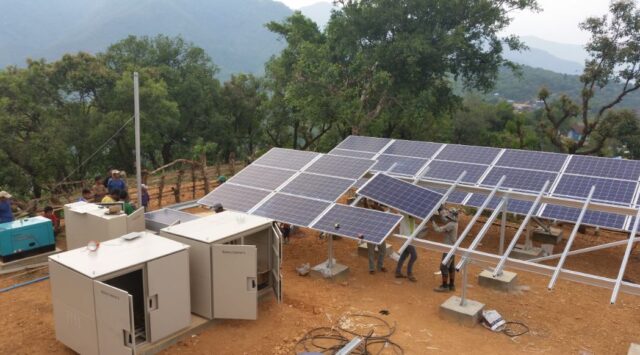These days, Sunlabob is focused on making renewable energy and clean water a reality in places where it may not previously have been technically, economically, socially or environmentally sustainable. The company has helped individuals and communities across the globe with projects spanning from Guinea-Bissau in Western Africa to Kiribati in the South Pacific.
Founded in Laos more than two decades ago, Sunlabob has become a pioneer in renewable energy. However, this was not its first mission. The firm focused on rural electrification during the 2000s as it looked to improve the lives of those in the country without power.
Sunlabob received venture capital backing in the early 2010s that allowed the company to expand its efforts into the international solar-procurement market. This allowed for a greater emphasis on renewable energy that could be installed in locations without access to these solutions.
The firm underwent another change in 2019 when it began to offer a full range of renewable energy and clean water services from consultancy to hardware supply and turnkey solutions. This process saw Sunlabob become a UK-registered company which put it in a position to better serve governments, development agencies, NGOs and the private sector.
And while the renewable energy outfit may have come a long way from its origins in Laos all those years ago, Sunlabob still maintains some of the key traits of its early days. Namely, there remains engagement with community stakeholders, commitment to quality components and encouragement of sustainability through entrepreneurship.
Also Interesting: Mitsubishi signs financing agreement for Laos wind farm
Interesting Analysis
Very few startups founded in Laos have gone on to have international success, so Sunlabob certainly deserves credit on that front. They have also participated in some notable projects over the years when it comes to both rural electrification and renewable energy adoption. There has also been a focus on clean water solutions that deserve recognition.
More From Laos: Meet Laos’ answer to Grab, Gojek and Uber


































